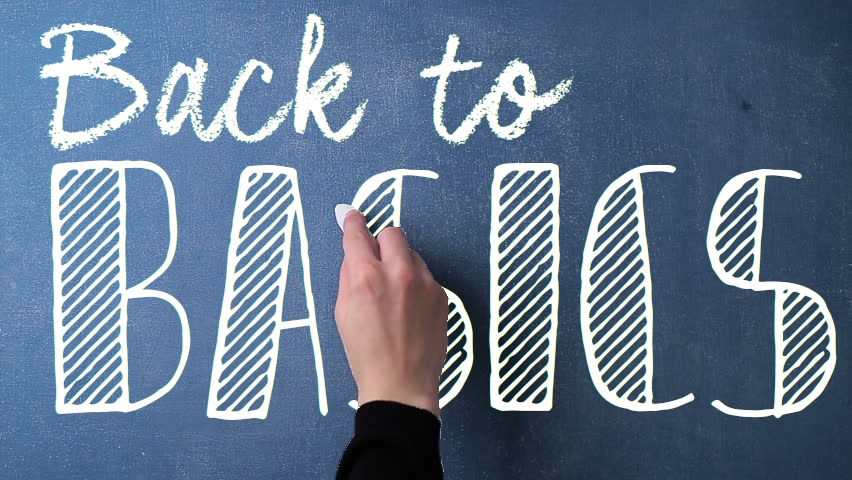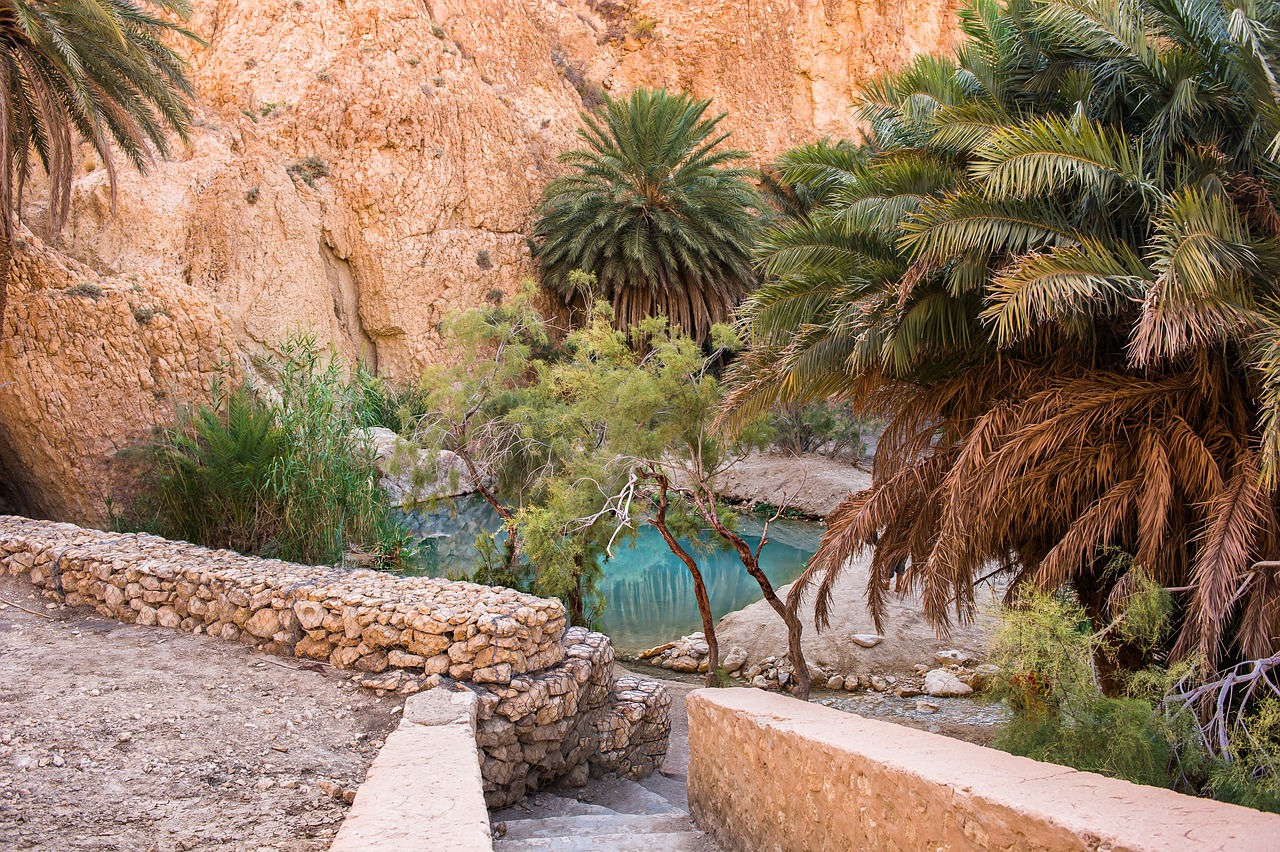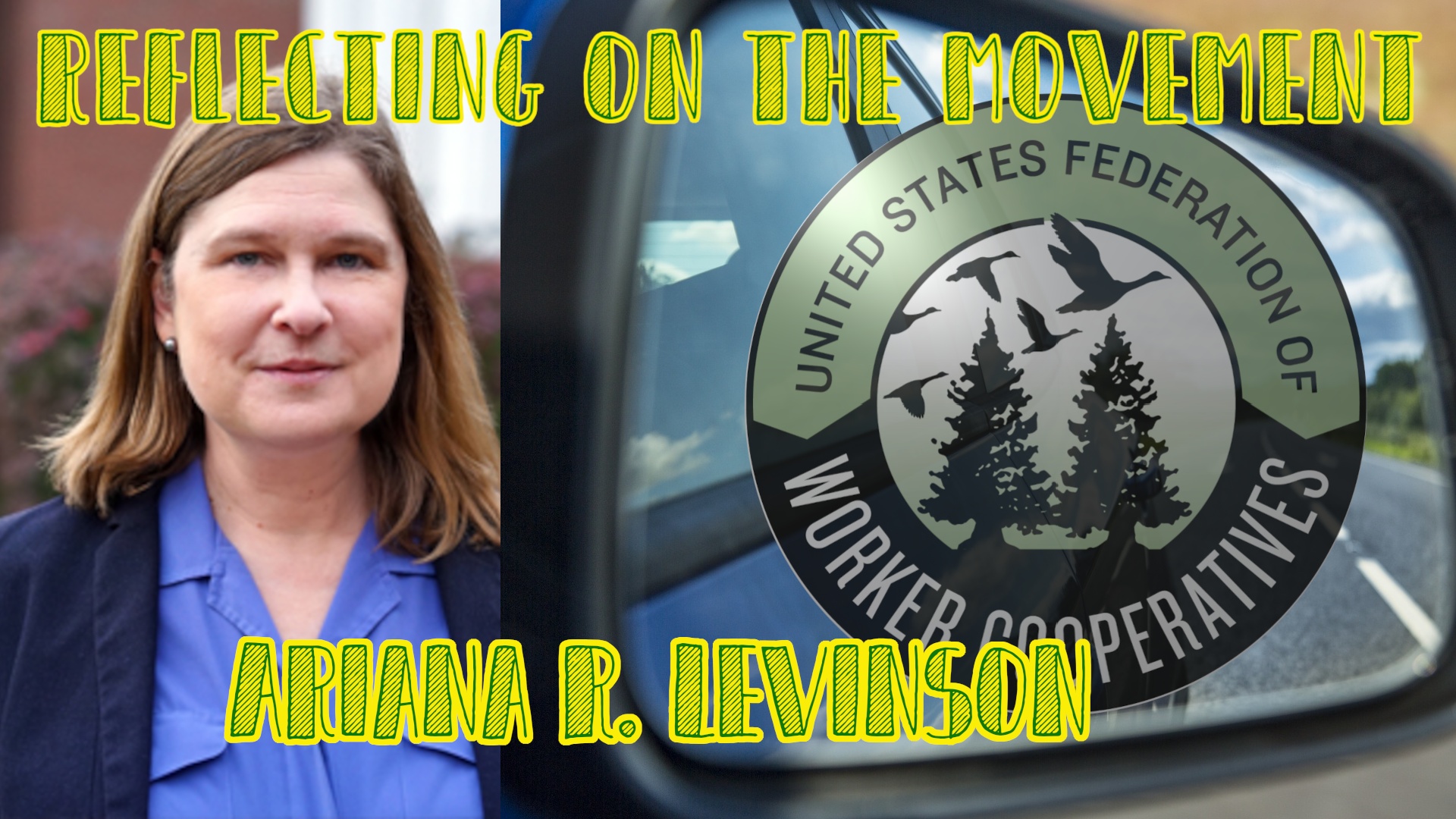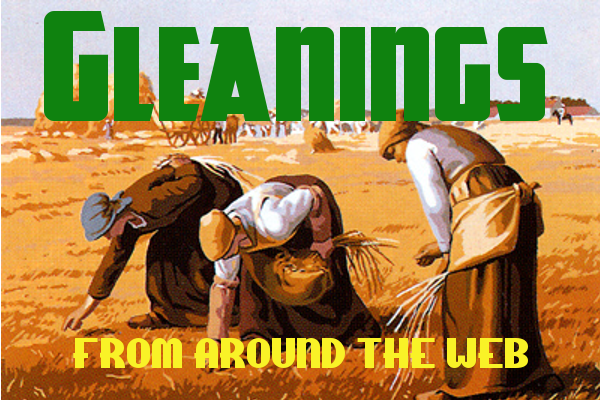This week, Rebecca Kemble of Union Cab Cooperative (and former USFWC board member) recounts the history of the US Federation of Worker Co-ops and its sister organization, the Democracy At Work Institute (DAWI) — how and why they got their start, how both organizations have evolved away from direct member control and participation, and how we can reverse that trend in our national organizations.
Then David Bollier talks with Safouan Azouzi about the traditional commoning practices surrounding the desert oases of his home country, Tunisia. Far from being natural features of the arid landscape (or the delusions of weary travelers), oases are human engineered systems that use multi-layered vegetation to maintain moisture in a manner that works in harmony with the rest of nature.
Back to Basics: Aligning Our National Organizations with Co-op Principles
by Rebecca Kemble
2013 marked the beginning of the erosion of democracy in our still young institutions. Whereas prior to 2011 board and member working groups participated in all levels of strategic planning and direction for decisions of this magnitude, by 2013 members did not have any real voice in how DAWI was planned, rolled out or implemented. They were simply informed after the fact. There were heated debates in both USFWC and DAWI board meetings, but we never formally took the issues back to the membership - those who built and constituted the worker cooperative movement.
Lessons of Desert Oases for Eco-Resilient Transformation
by David Bollier
"The people of the Global South are resisting the plundering of their resources and extractive capitalist processes, the destruction of their environment, to save their livelihoods," said Azouzi. "The social and the ecological and the political are all in the same ball, let's say." So when local Tunisians resist western development plans, he said, "they're just fighting to save their livelihoods. [Catalan economist] Joan Martinez-Alier calls this the 'environmentalism of the poor'."
US National Worker Co-op Conference - Sept 12-14
USFWC — Get ready to immerse yourself in WCC24! Explore our dynamic lineup of insightful sessions, engaging workshops, and opportunities to foster relationships. Join us as we celebrate the flourishing momentum of worker ownership and the resurgence of workers' rights organizing in the United States...
Could Winston-Salem get a Housing Co-op This Year?
Triad City Beat — On Aug. 12, city councilmembers on the Community Development, Housing and General Government committee recommended that the full city council forgive a $156,870 loan that will clear the path for nonprofit Spring Street Co-op to obtain the property. The debt must be paid or forgiven before the property can be transferred from the current owners, Partners for Homeownership, to the nonprofit. Spring Street Co-op was born from the organizers with Housing Justice Now, a local tenant advocacy group....
Interview with Solar Share GM Chris Caners
David Suzuki Foundation — Chris Caners, general manager of Toronto’s Solar Share renewable energy co-operative, is talking to me about solar power’s many virtues. He smiles and his whole face comes to life. He clearly loves this technology. “Solar is an amazing electricity generation mechanism because you can literally do it anywhere,” he says. “So, you avoid things like transmission losses because … you’re generating the power where you’re consuming it.”...
Nonviolent Communication Workshop
Sociocracy For All — This is a 3-session introduction class to compassionate communication (Nonviolent Communication, NVC). It covers basic concepts with many examples. All sessions are participatory with time for questions and answers. NVC meshes beautifully with sociocracy because it allows us to listen well, make ourselves understood on a deeper level, and explore together how we can co-create solutions that work for everyone...
New on our YouTube Channel
Remembering the Democracy At Work Network
Like what you find on GEO?
Make a Donation Today!
Your tax-deductible contribution ensures that GEO can continue to provide independent grassroots content about the cooperative and solidarity economy movements.
Got something to say?
Let us know. Send your comments, suggestions, rants and article submissions to editors@geo.coop.
Follow us on Social Media
Mastodon: social.coop/@GEO_Collective
FB: facebook.com/GrassrootsEconomicOrganizing/
Twitter: twitter.com/@GEO_Collective
Our mailing address is:
Grassroots Economic Organizing
P.O. Box 115
Riverdale MD 20738-0115





